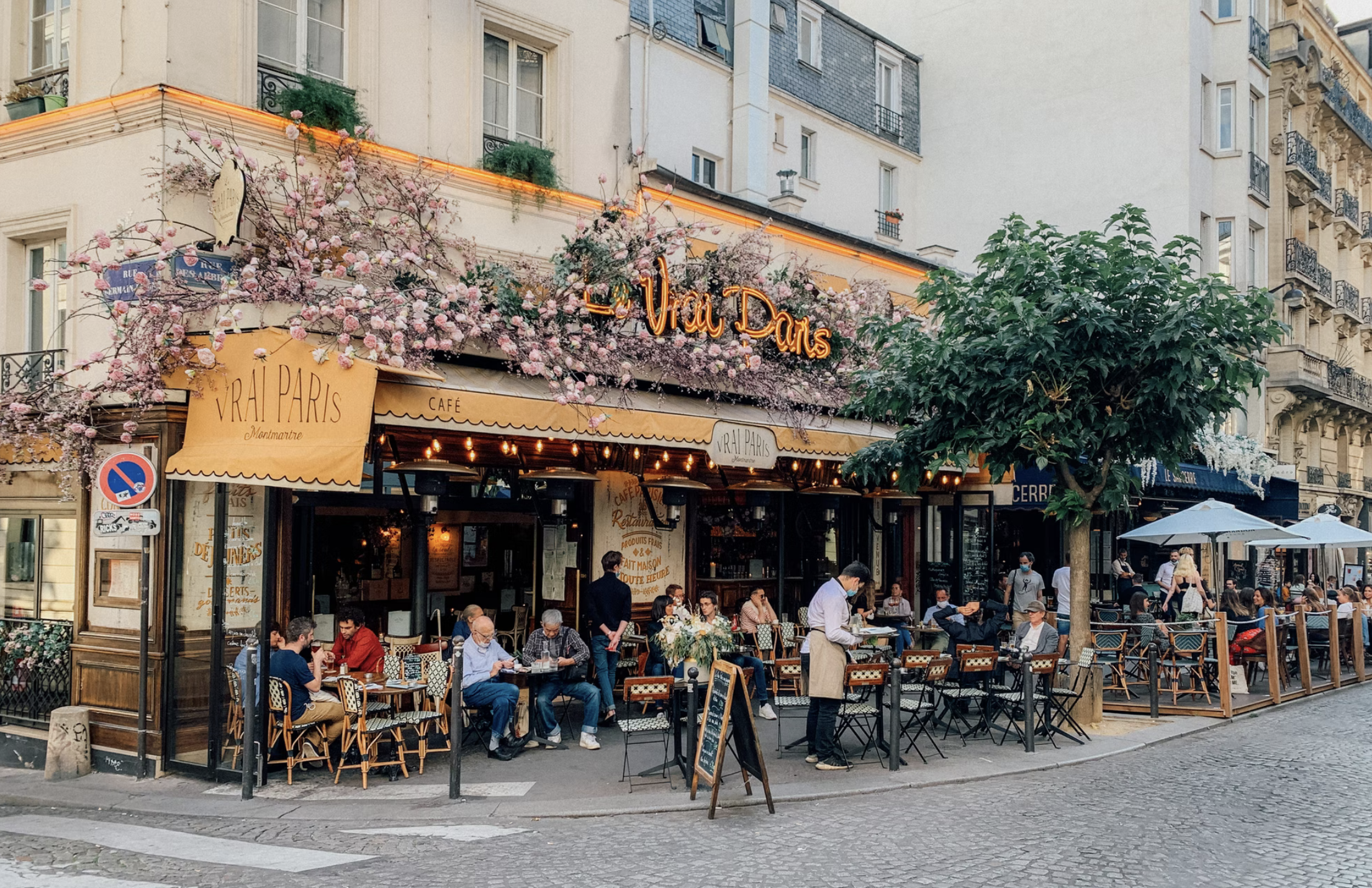When you move to another country, many things are uncertain. But you are so enthusiastic about your plans that you dismiss all objections and just start. Maybe that is the best way. Starting a campsite in France is not new, there are many Dutch people who have done it before us, so we can do it! Moreover, my husband spent almost a year living with relatives in France, about 2.5 hours' drive from where we now live. The surroundings and the language were familiar to him and I... I relied on my resourcefulness and creativity. And yes, what could possibly go wrong? If it doesn't work out, we pack everything up and leave, back to the Netherlands!
Fortunately, thanks to the European Union, it has become much easier to move from one European country to another. You think you know the country pretty well because you've been there often on holiday, and you can also learn the language (better). Now, there are quite a few prejudices about the French among the Dutch: "They don't speak English, they are rude and eating in a restaurant in the evening always has to be so late...". Not speaking English is true. Except in the really touristic areas, you will not meet many English speakers. Furthermore, it is a lot of hand- and footwork if you do not speak French. Fortunately, the French speak with their hands as well, so when we do that to make something clear, it's no problem!
Going to school in France
When you live and work in France, you really get to know the customs and the French. Sometimes very surprising, sometimes hilarious and sometimes annoying. Even though we all feel like Europeans, the French have been 'brought up' a little differently than the Dutch. The school system is really something you have to get used to. Our children went to regular schools: from primary school to university. Are we in the Netherlands used to the fact that education gives our children freedom, encourages initiative and stimulates independence, in France it works completely different. There is a programme, and every child has to follow it. Above all, do not colour outside the lines and the master or teacher must have completed that programme by the end of the school year. The children (primary school) had to prepare an 'auto-dictation' every week. Learn a piece of text by heart and recite it in front of the class. Every Monday. We thought that was so old-fashioned! Whether it is primary school or university, there is no investment in producing independent, mature people. And this continues in the hierarchy of the business world; the boss is still really the boss. Quite inconvenient if you grew up in a more liberal society. But also tempting to challenge those crazy rules at times!

Drink till you drop
What is particularly pleasant about France is the food and drink. There may be an ugly car in front of the door, the paint peels off the doors and windows, but they prefer not to economise on good food and drink. It is not without reason that everything that has to do with cooking and restaurants has its origin in France. And a good wine or other alcoholic drink goes with that. The aperitif has a special status here. It is associated with friends, leisure, holidays and freedom. Drinking is allowed, as long as it falls under the heading of 'apéro'. And that is a complete event that you can't avoid and that can last a very long time.
It means an extensive reception with snacks/food and lots and lots of drink. And we are not necessarily talking about a beer, but about spirits of 40% or more. The French seem to take it very well. After two glasses, we are spinning and the limit is about reached, but it can really take hours before everyone has finished their drink. And then it's off to dinner, if you're invited. After many chips, sausages, baguettes with pâté and other savoury snacks, there is really no room for more. But sitting down to dinner at around 10 o'clock and still eating a starter, a main course and a dessert is no problem at all for the average Frenchman. We are often the first to leave and apologise awkwardly for our 'early' departure. You can feel them thinking: "Hmm, those Dutchmen, they are not party people!

Hello, how are you?
Wherever you meet, kissing is a standard part of the greeting in France. As a woman you kiss everyone, as a man you only give them a hand. Two 'air kisses' and if there are many people together, everyone! I have kissed so many people since I have lived here, men with half teeth, men with a huge drinking cone, and older ladies with a questionable smell. But you get used to everything, and if people are really nice, you forget the rest. Since covid, things have changed. One of the advantages of this annoying crisis is that I don't have to kiss everyone anymore. Even people you have never seen before you kiss as a greeting. Faire la bise' is a cultural thing...with local differences varying from two to four(!) kisses per person.
Basque Country in France
The longer you live somewhere, the more you learn about the customs and habits of a country. Things that you cannot find out as a holidaymaker but that you can find out as a resident. You are part of a community, if you so choose. So when people get married and mourn, you are there. And all the rituals surrounding it are largely universal. We live in the French Basque Country; they speak Basque there and it is considered a language, like Frisian. A language that resembles nothing, with sounds that we do not recognise. Because the language was banned from schools by the French government in the past, there is some catching up going on. Children can now attend schools where they are taught exclusively in Basque. The language and the culture are held on to very tightly. Theatre, dancing, clothes, all kinds of traditions and the language, of course. It is folklore but of a very serious nature. Including a past of militancy and extreme politics. Here in the village there are also people who propagate an independent Basque country, although according to most inhabitants, that is not a real option. We don't talk about all this, politics can be a tricky business. It just so happens that this is the most beautiful place in France, with lots of nice inhabitants!
